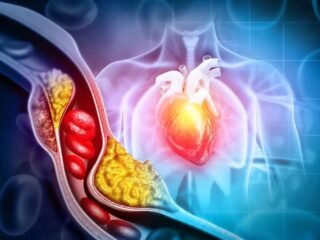The combustion of coal, substantially in power shops followed by artificial and ménage settings, has redounded in an increase in the unseasonable mortality rate in India and it needs to phase down from coal as its main source of energy and invest more on renewable and cleaner sources, according to the policy recommendations in”The Lancet Preamble on Health and Climate Change” report.
Also, air pollution has been recognised as a major determinant for negative health issues in India. Thus, there’s an critical need to establish nonsupervisory fabrics pertaining to the control of air pollution at the source of its generation similar as artificial emigrations, construction spots, vehicle exhaustetc., according to the recommendations mentioned in”The Lancet Preamble on Health and Climate Change.
The combustion of coal, substantially in power shops followed by artificial and ménage settings, has redounded in an increase in the unseasonable mortality rate in India and it needs to phase down from coal as its main source of energy and invest more on renewable and cleaner sources, according to the policy recommendations in”The Lancet Preamble on Health and Climate Change” report.
Also, air pollution has been recognised as a major determinant for negative health issues in India. Thus, there’s an critical need to establish nonsupervisory fabrics pertaining to the control of air pollution at the source of its generation similar as artificial emigrations, construction spots, vehicle exhaustetc., according to the recommendations mentioned in”The Lancet Preamble on Health and Climate Change– Policy detail for India 2021″.
The Indian Council of Medical Research (ICMR) has partnered with the Lancet Preamble on Health and Climate Change to put forward the policy detail for India in 2021. The report highlights how climate change affects health and the need for a timely and robust response for addressing the same, the apex health exploration body said.
Since 46 per cent of all agrarian emigrations in India are contributed by ruminants similar as scapegoats, lamb and cattle, the policy detail recommended that the country needs to move down from the traditional beast husbandry practices and invest in newer technologies that will ameliorate beast parentage and parenting practices, use of good beast feeds and apply proper ordure operation, all of which will contribute to the reduction of hothouse gas (GHG) emigrations.








